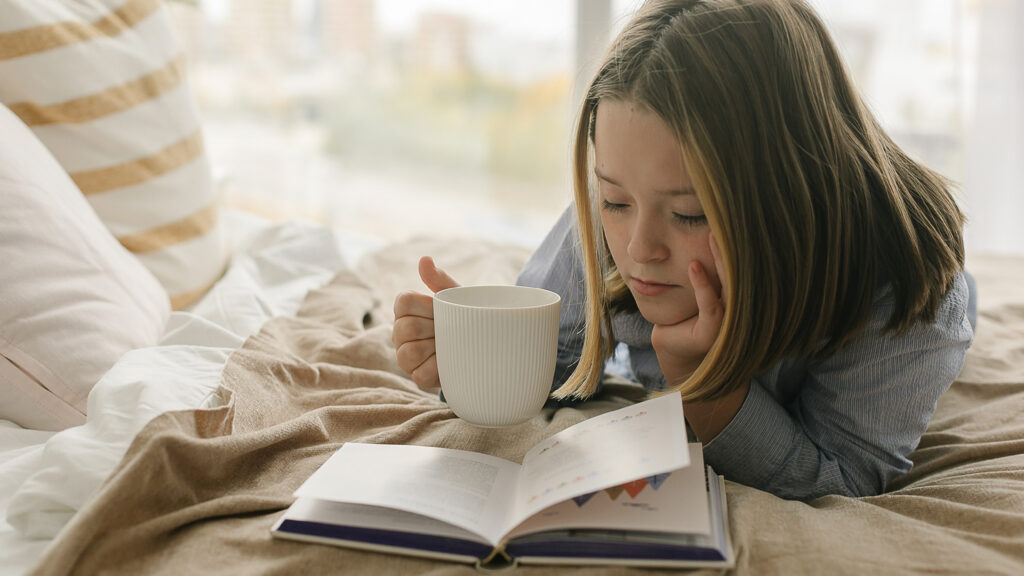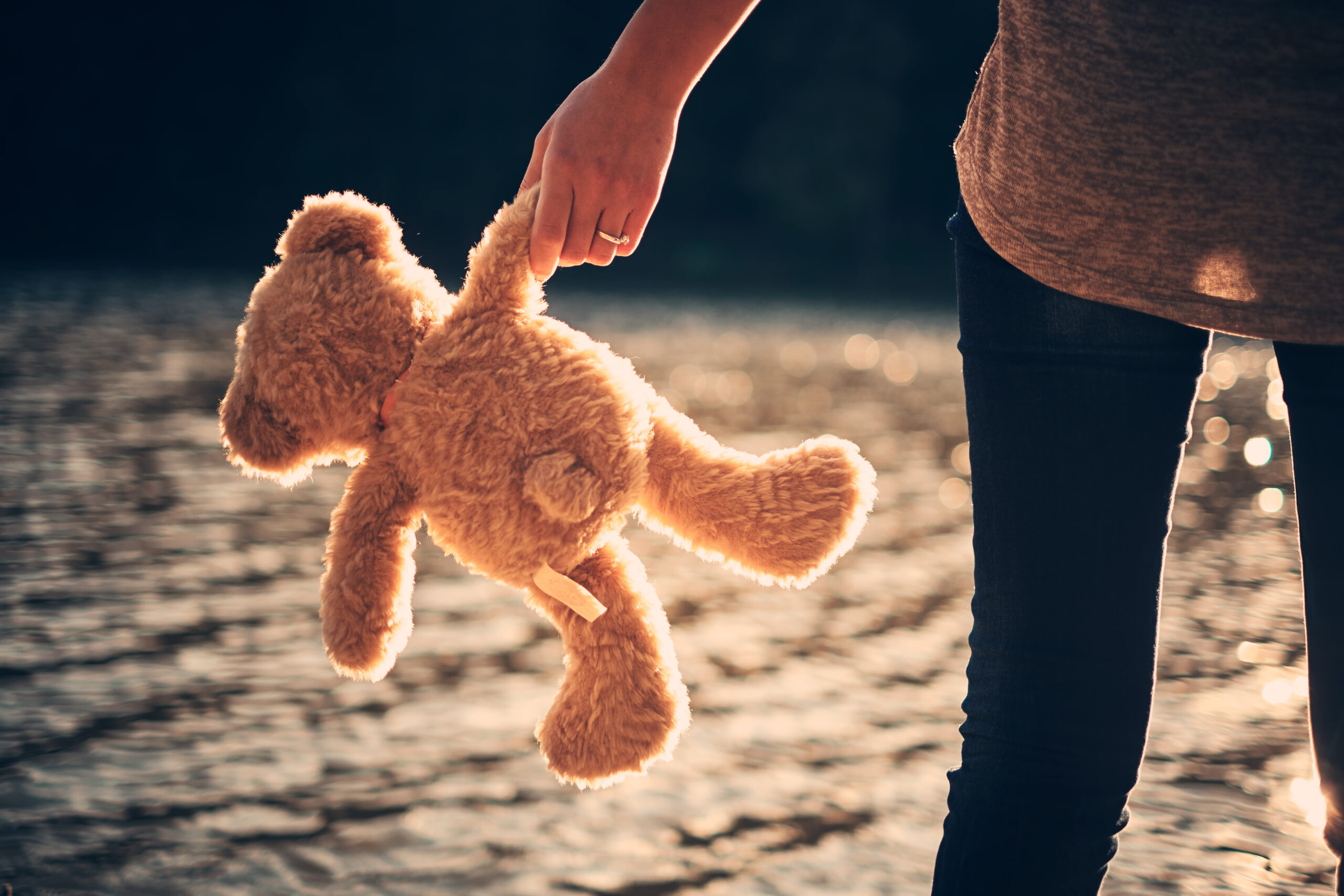
A recent local study about “Safety in Childhood: A prevalence survey on childhood experiences of abuse”, was conducted by the Department of Child and Family Studies at the University of Malta in collaboration with the Commission on Gender-Based Violence and Domestic Violence. The research team included Dr. Clarissa Sammut Scerri, Dr. Ingrid Grech Lanfranco, Ms. Lara Pace and Ms. Maria Borg. The highlights of the study include that nearly half of all children had witnessed some form of domestic abuse. This study raises a lot of red flags, including the need to focus more of our attention on children as victims of domestic violence as well. Moreover, such alarming figures may make us reflect about what we are role modelling to our children, including our approach during conflict, and how we are coping with our anger and other emotions. I invite you to have a closer look at this study, its results and recommendations on : https://timesofmalta.com/articles/view/nearly-half-children-witnessed-form-domestic-abuse-survey.1027859.
In this blog, I will be focusing on the impact of domestic violence on children. The 16 days of activism (25th November to 10th December) are aimed at raising more awareness on domestic violence and the importance of reaching out for support. In my opinion, there needs to be ongoing awareness and psychoeducation on domestic violence. As a psychologist, I have encountered a lot of families and children, who in some way or another suffer from the harmful effects of domestic violence.
Some very important questions that come to mind are :
– how safe do our children feel to express their thoughts and feelings?
– what is the parents’ reaction when children express their emotions?
– how are the children being allowed to be authentic and to just be children?
Our children will adapt and grow according to how their parents respond, and on what sort of environment they are immersed in. What is surely known is that domestic violence, no matter its shape or form, negatively impacts on how safe children feel to express themselves and grow in a more secure manner. No child deserves to feel unsafe, unloved and abused. This blog will address these points in a deeper manner, and I hope that in some way or another it raises more awareness, and touches families who are going through this to push them to be more motivated to reach out for support, if not for themselves, for their children.
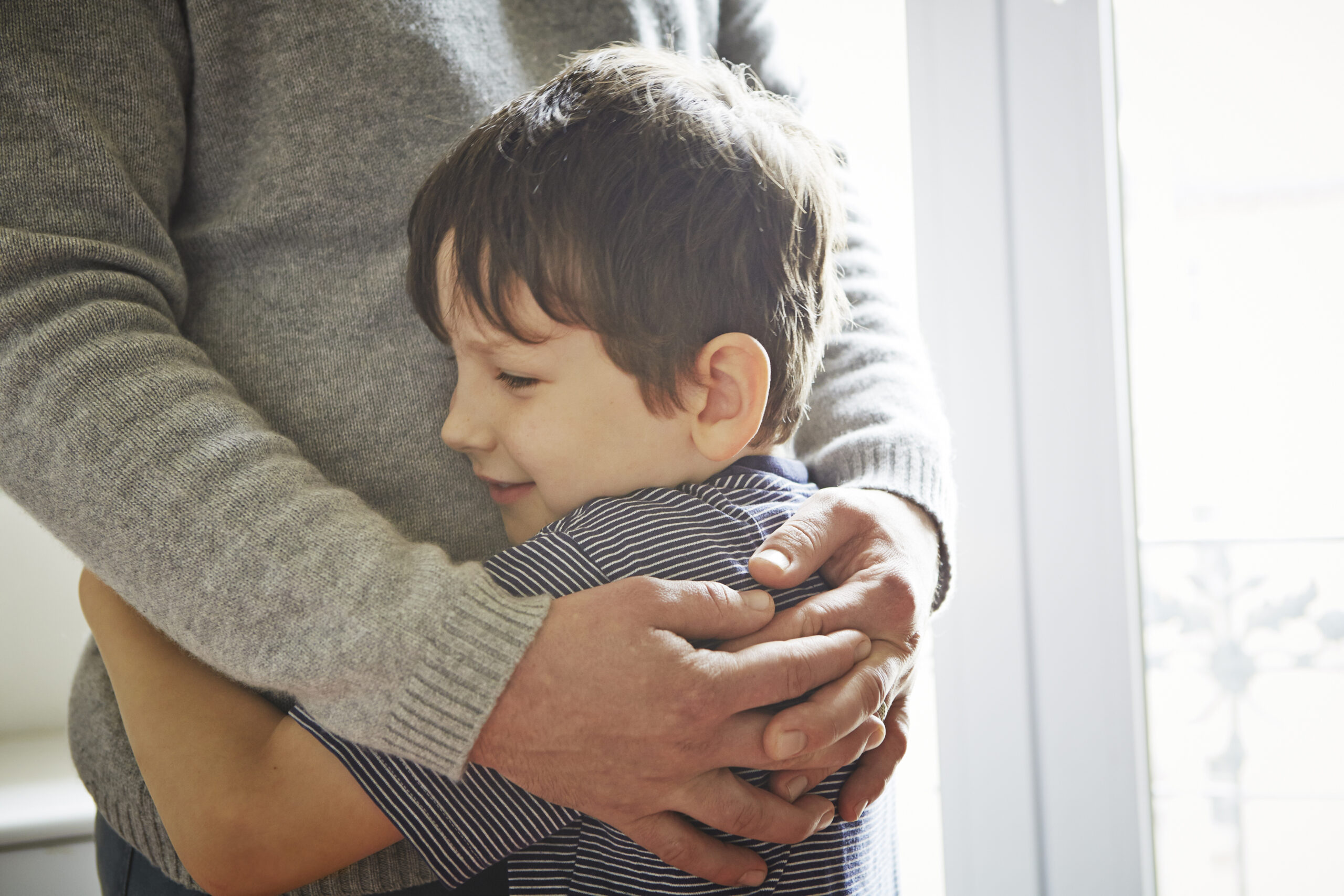
So … what is domestic violence?
Maybe the image that comes to mind for a lot of us when we hear the word ‘domestic violence’ is an injured child or adult, who is physically hurt because of another adult who is usually emotionally dysregulated. Physical domestic violence is indeed very serious and harmful. Yet, it is not the only form of domestic violence. Emotional, verbal and psychological abuse, as well as intense financial control, could also be a form of domestic violence, which impinge harm on the entire family system. In addition, there is gender-based violence, which includes stalking and sexual abuse. So, although physical domestic violence may be the most apparent, other forms of domestic violence are just as or even more harmful. Indeed, the World Health Organization (WHO) emphasizes that domestic violence is a violation of a person’s rights, and it is recognized as a significant public health concern.
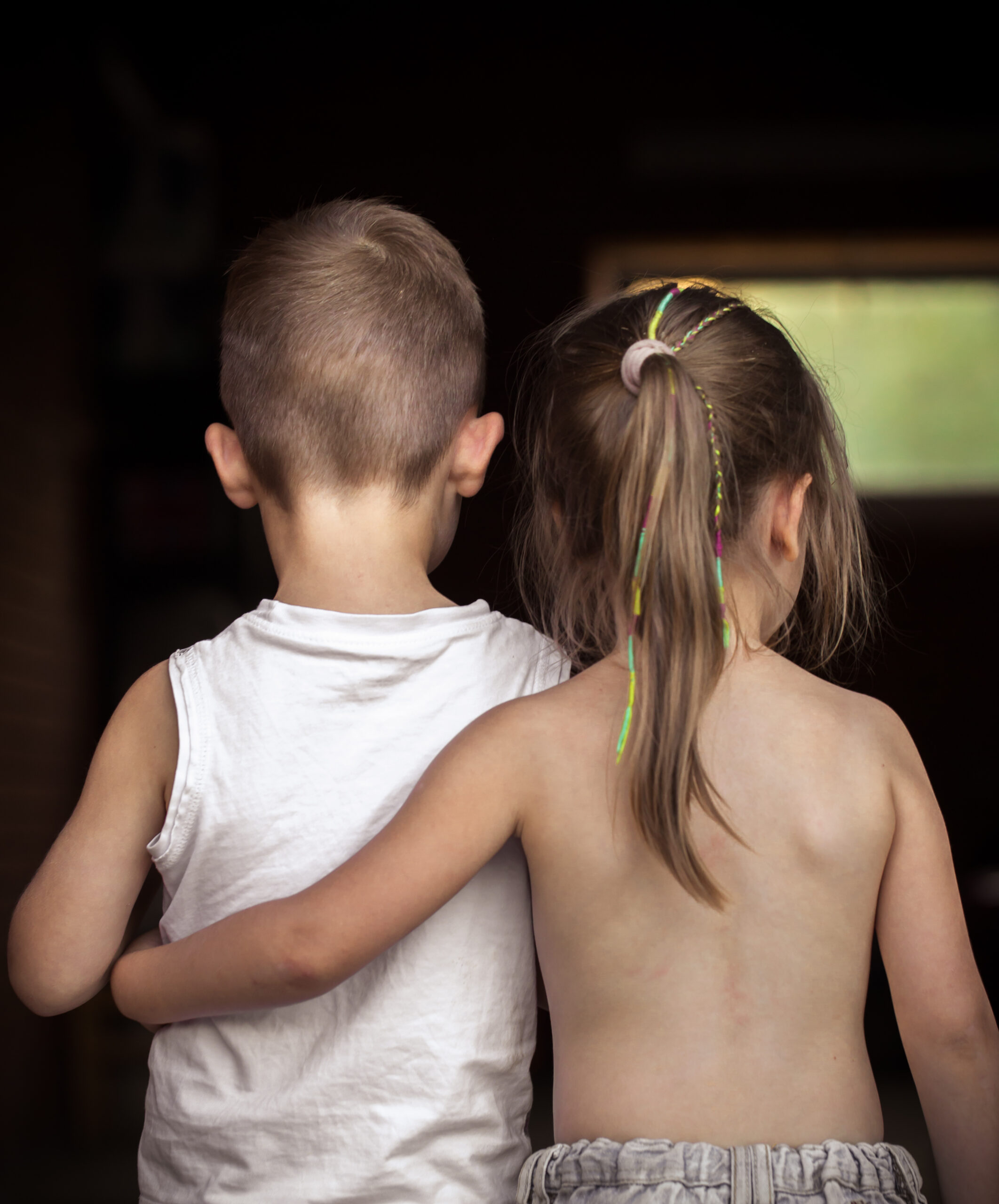
The children’s emotional experience of domestic violence and the benefits of reflection, even as adults
Children who experience domestic violence tend to experience a lot of fear and anxiety. For children to thrive, they require stability, consistency and predictability. Unfortunately, these factors are not possible when there is domestic violence. Children may be acting the same on different days, yet they may get a different emotional and physical reaction from their parents. Thus, there tends to be considerable unpredictability, and this tends to increase the uncertainty and anxiety levels. The children’s attachment patterns and brain development might also be negatively impacted as they will be at risk to develop an insecure attachment. In turn, the insecure attachment will put the children at a greater risk to have more emotional problems, social issues and to be less academically successful in life. Children may lose trust in reaching out to others and/or they may seek unhealthy relationships in the future to repeat the relationship patterns that they are used to. Children may also act out and become aggressive with others, or alternatively, they may become more introverted and isolated. This could be linked with increased risk of anxiety and depression amongst other issues.
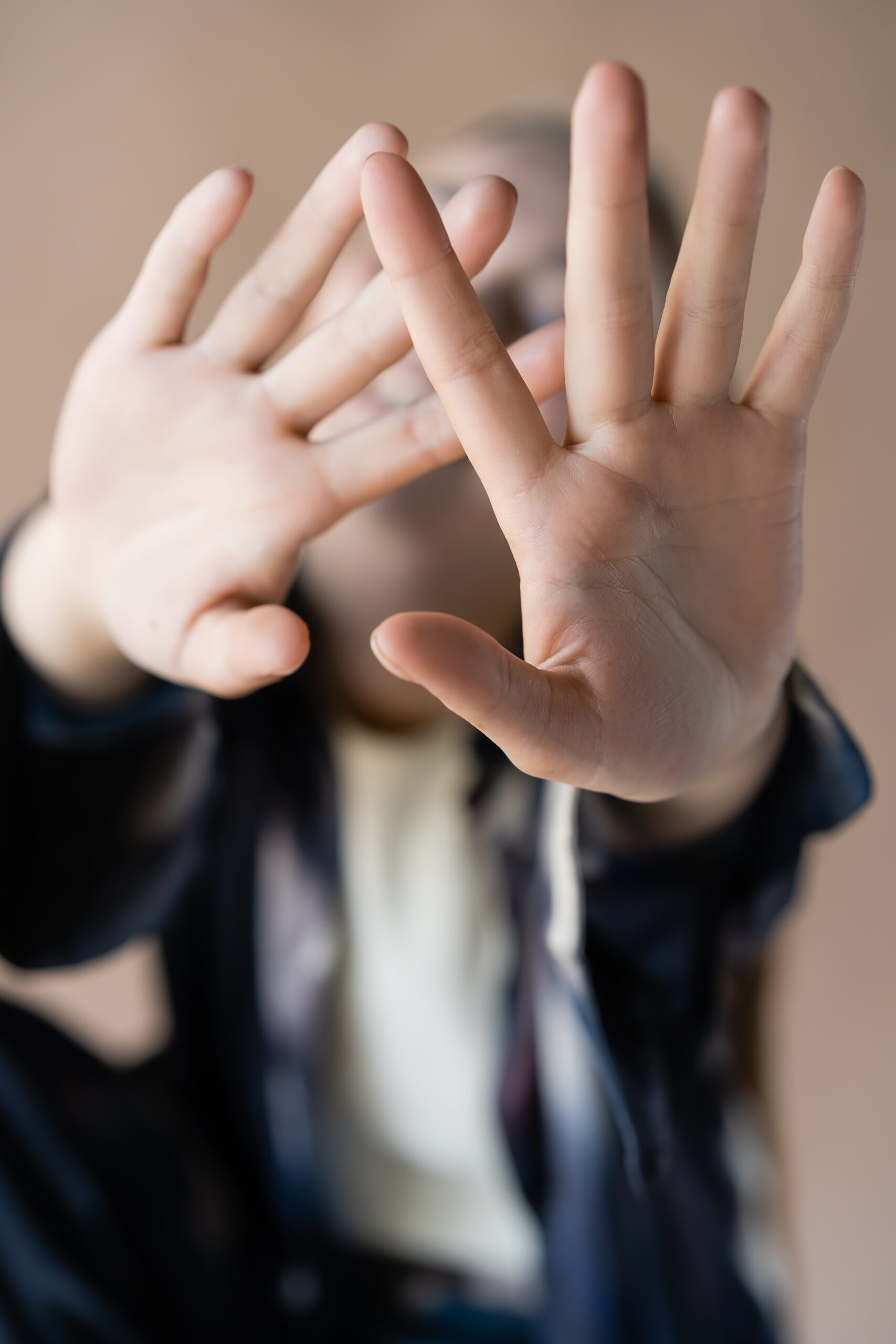
Children growing up in domestic violence, also tend to experience feelings of guilt and shame. They might question whether the domestic violence is their fault, and whether they are not being ‘good enough’ children to their parents. Such thoughts are very burdensome and tend to eat up the little one’s positivity, self-love and energy levels. These feelings can remain quite intensive, even during adulthood, especially when these experiences are not adequately processed. Children (and adults) may feel that they are unworthy of love and that others are not to be trusted. Children might also experience a lot of secrecy and feel different from other families. Alternatively, they may also believe that domestic violence is a reality for all families not just theirs. This could be linked with feelings of desensitization (experiencing something on such a regular basis that it becomes second nature to you) and confusion.
Indeed, I work with several young adults, who still feel confused and blame themselves for their parents being physically violent with them, as they were not being ‘good’ children. I feel that when these experiences are shared in safe spaces, and when they are empathised with, and told clearly that this was not their fault, they usually experience an emotional downpour and signs of relief. Basically, no one deserves to be abused, no matter how disobedient or what difficult behaviour the children might be engaging in. If children are giving parents a ‘difficult time’ then they are also having a difficult time themselves. It always remains the adult’s responsibility to control their emotions, step away and calm down. Any form of domestic violence will only lead to more harm and as noted earlier on, can continue to have several repercussions in the future.
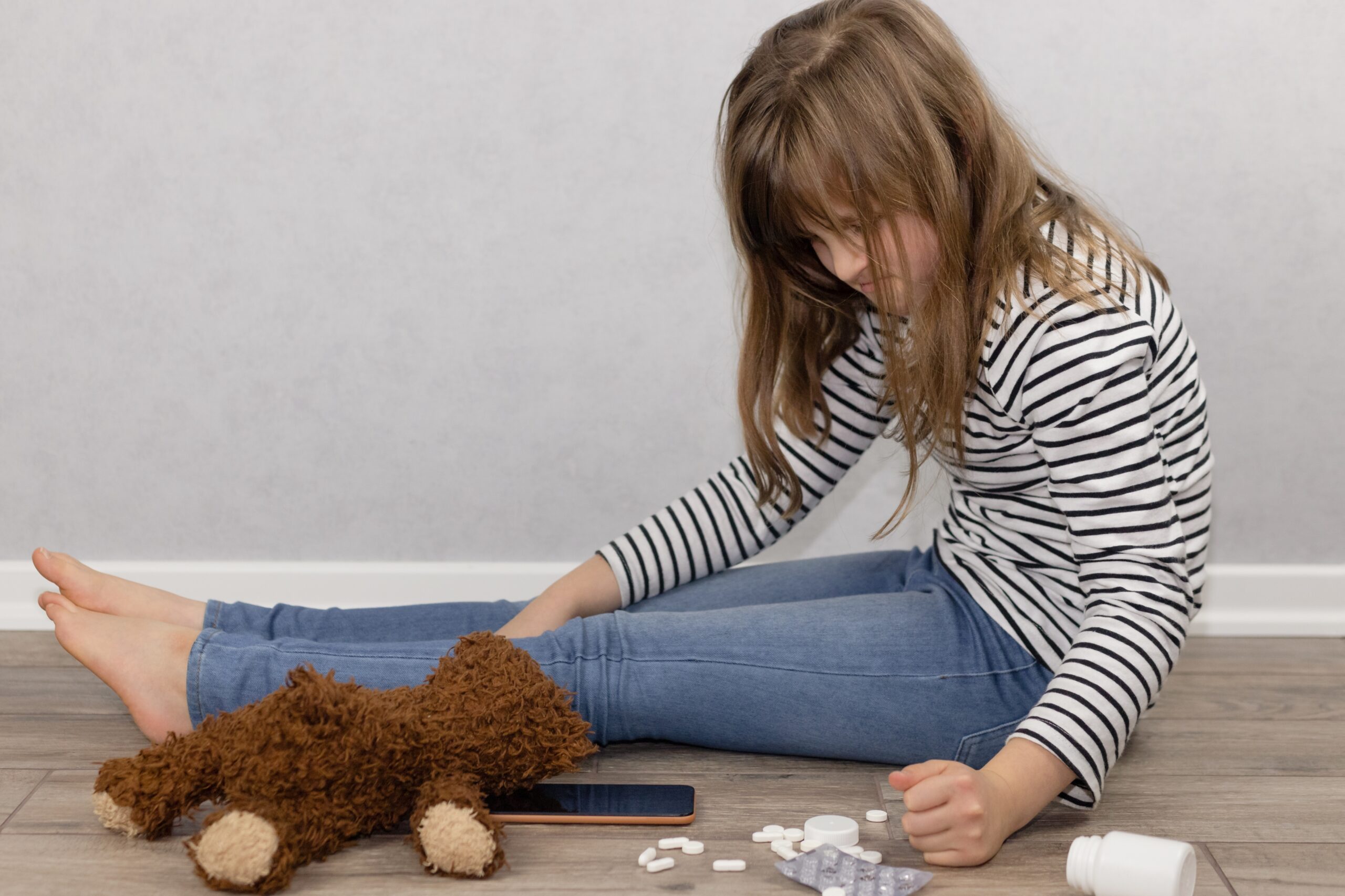
Moreover, I have worked with adult fathers and mothers, who experienced domestic violence as children, some noted that, at a young age, they thought all families used harsh physical discipline, emotional abuse, and name-calling. They only realised that not all families were the same when they started to grow up more and were for example invited over to another family’s house. Some adults also claim that films and social media helped them to understand more what a healthier norm might look like. This makes me reflect on the importance of not only educating the public, and families on this, but also reaching out to various professionals working in the community and schools.
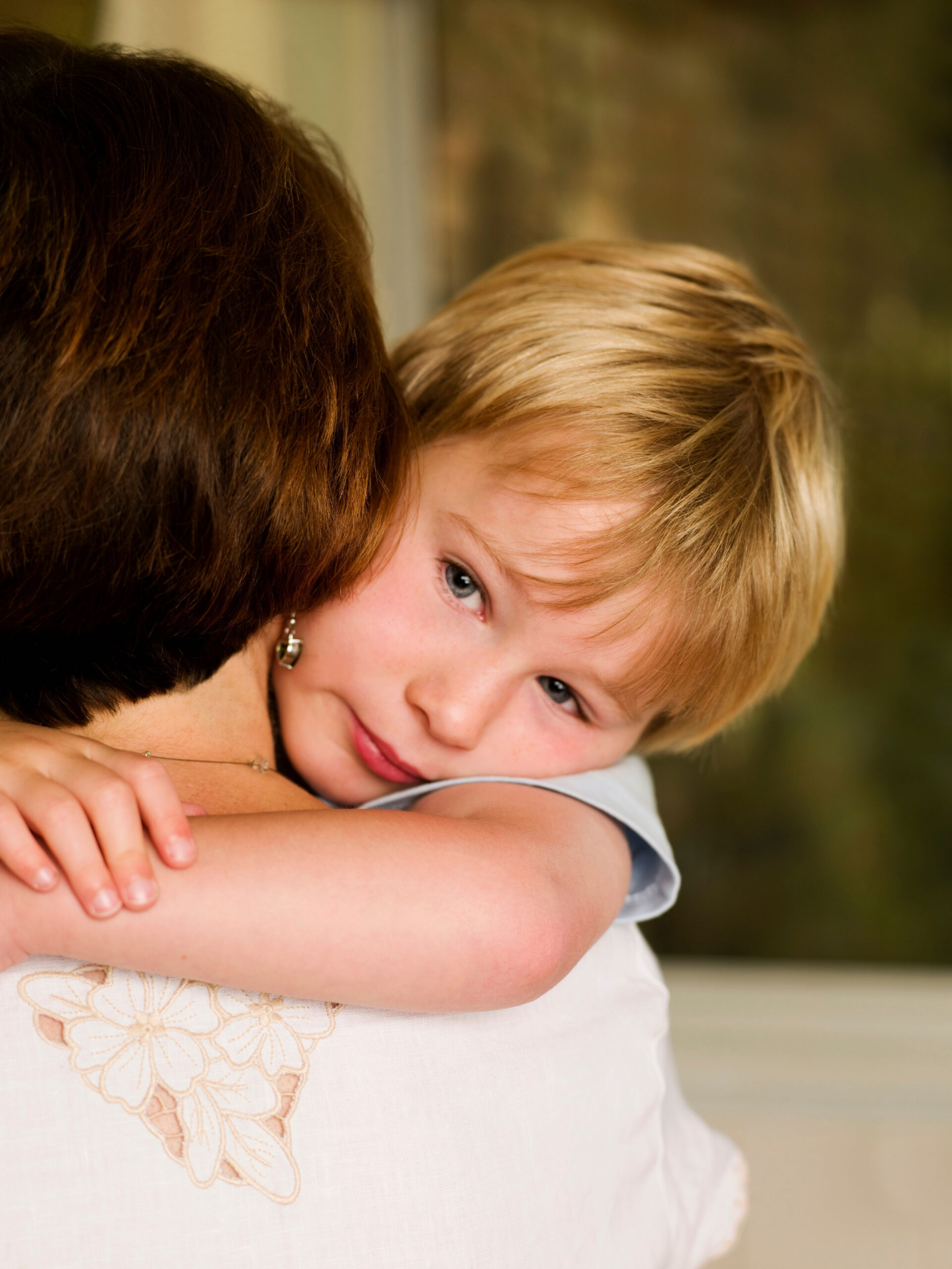
Being brave survivors and seeking help
I wish to say that I am in awe of the bravery and survivorship I witness in many families who experience domestic violence. Seeking legal and practical support are important steps in looking after the children’s wellbeing. This might involve keeping records and documentation of domestic violence incidents occurring. Moreover, many resilient families tend to persist in making it a point to create a safe environment for their children. This might mean seeking shelter or moving houses and having emergency contacts. Through this, children are protected from continuing to witness domestic abuse or from being the direct victim of the violence. Children need a safe space where they can feel comfortable, seen and loved. Moreover, open communication is vital. As parents, it is helpful to encourage our children to express their thoughts and emotions without judgment. This sometimes also means seeking the support of psychologists or therapists to help children (and adults) process emotionally difficult experiences and trauma. Apart from a focus on relationships and attachment, such support may also include breathing and grounding exercises, as well as creative techniques through art, play and movement.
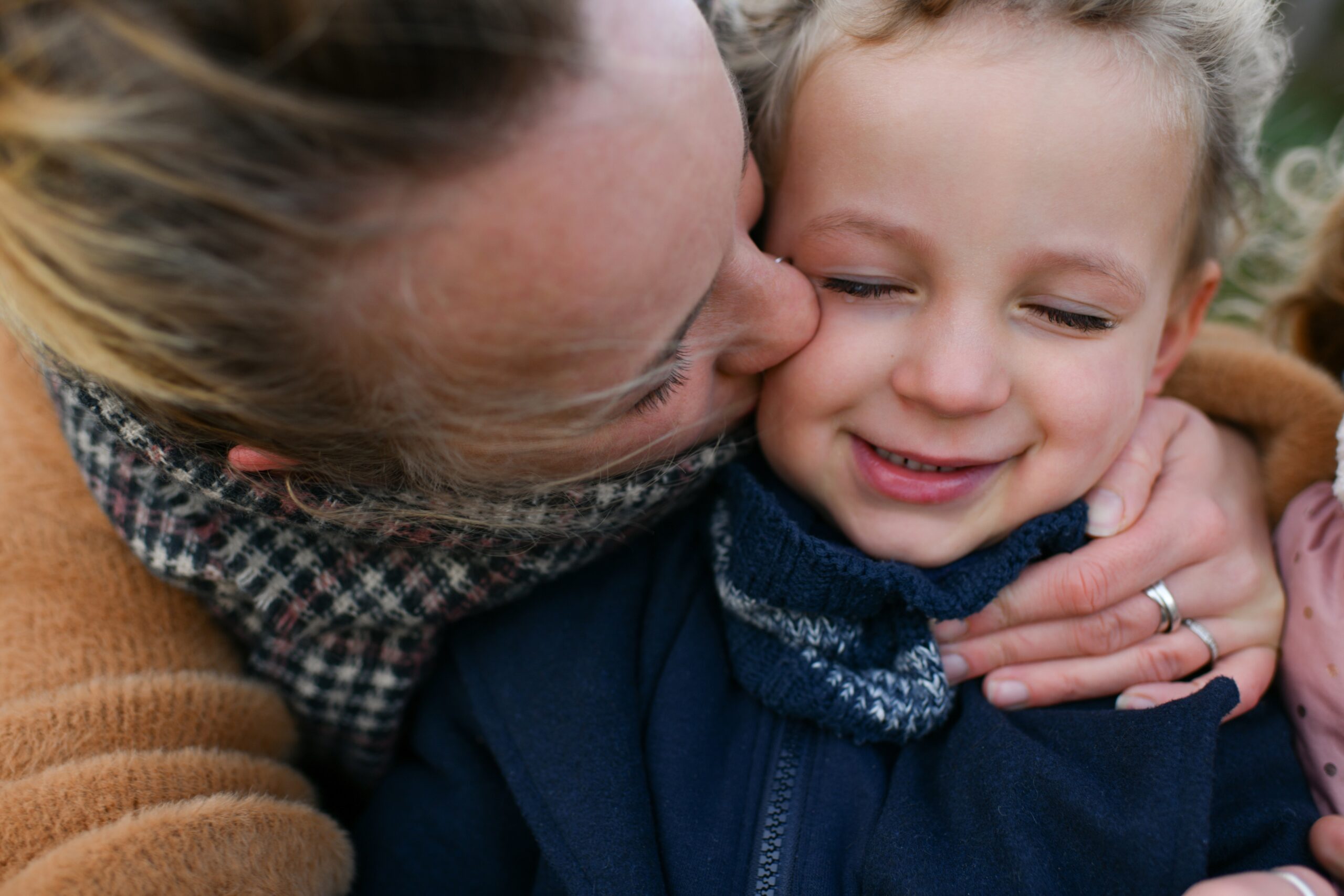
Prevention and psychoeducation
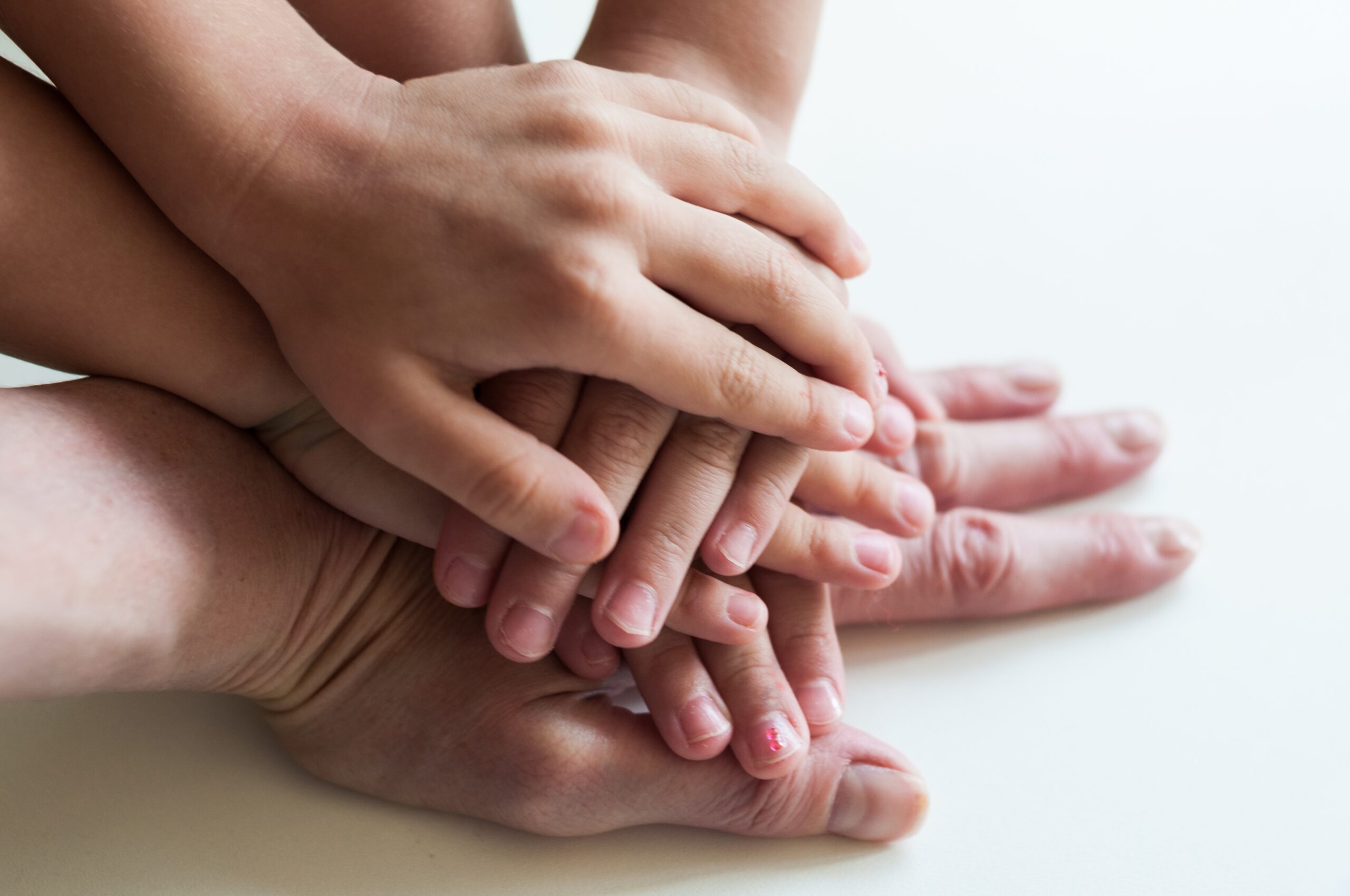
Locally, there were numerous and unmeasurable tragedies in relation to domestic violence. Such incidents are not to be forgotten. On the contrary, these incidents need to be analysed and discussed so as to further promote increased awareness and support to all victims and families, as well as to prevent further tragedies. Prevention and early intervention remain crucial. Nowadays, I feel that there is more focus on increasing awareness and psychoeducation on this topic. In fact, in line with this, the Positive Parenting Malta taskforce, together with the Hon. Minister Michael Falzon, proudly launched the first ever children’s book in Maltese which deals with domestic violence, called “Karolina, Fredi u s-Saħħar il-Ħazin”. This book is the result of a collaboration between Ms. Audrey Friggieri, Commissioner on Gender-Based Violence and Domestic Violence, writer of popular children’s literature, and Dr. Clarissa Sammut Scerri, senior lecturer, Department of Child and Family Studies, psychologist and family therapist. Indeed, Dr. Sammut Scerri shares her hope about how this book : “can foster conversations between children and adults (parents, teachers, and therapists) around a sensitive and difficult subject and through which children in such difficult circumstances can feel less alone“. The Ministry for Social Policy and Children’s Rights have sponsored a good number of books and now each school has one in their library.
Working in collaboration with social services and multidisciplinary team professionals is very pivotal, especially in such scenarios. Therapeutic interventions can be very valuable in helping children and families to process their experiences in a safe manner, building resilience, mirroring, and experiencing a healthy and secure relationship. On a professional and personal level, I aim to be a container of hope for those children and families who had experienced any form of domestic abuse. Research shows us that children need at least one secure and positive relationship in their lives, and this can help them to thrive and be more resilient. I believe that such a statement could empower and motivate all professionals to be increased sources of support and referral points to those in need. Never underestimate the power of a smile, a hug or a helping hand, as these could be a turning point for anyone going through difficult times.

Charlene
Clinical Psychologist and Family Therapist
